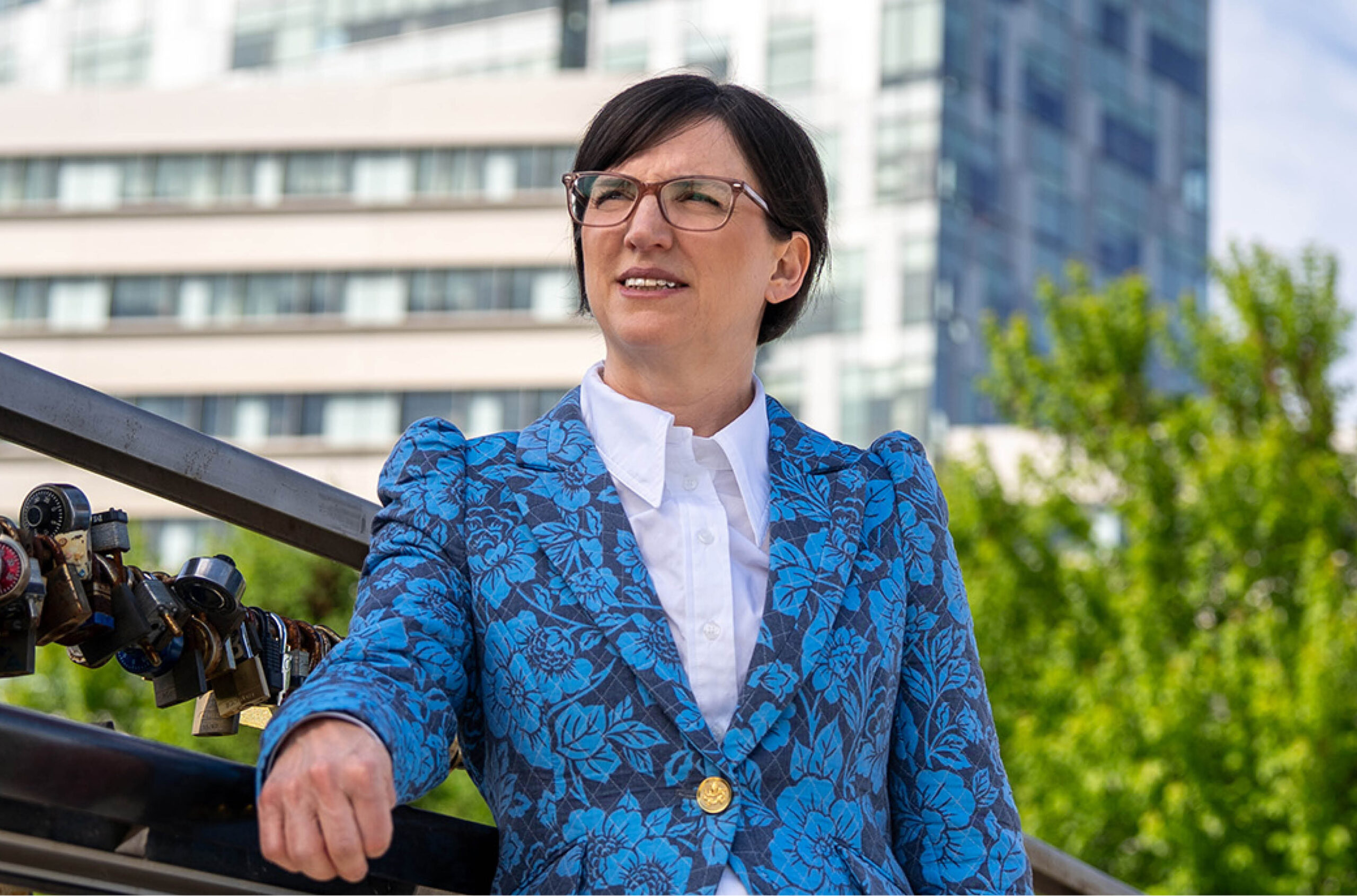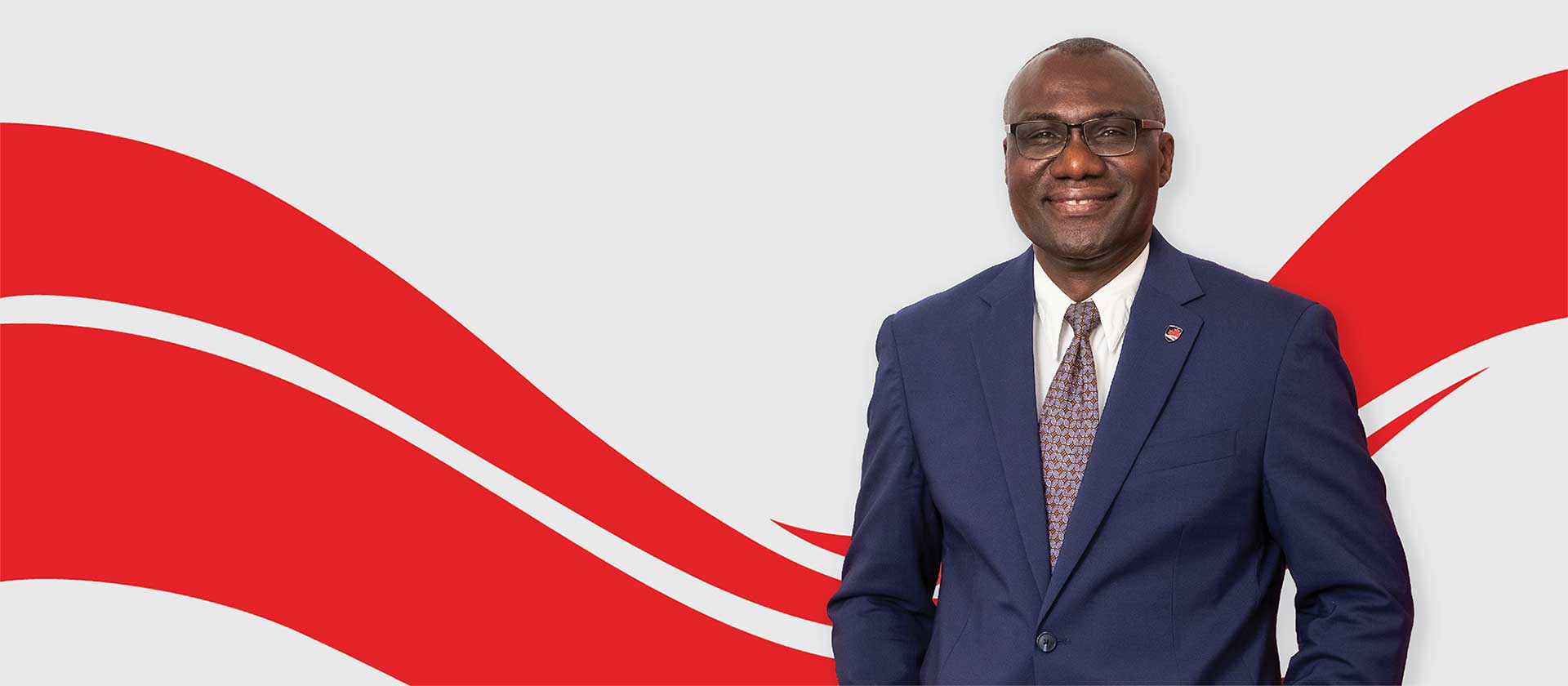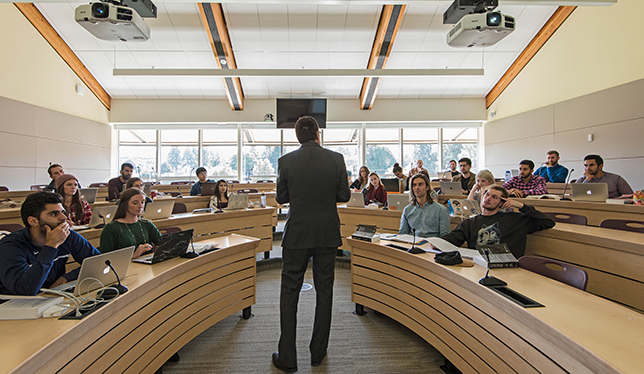International applications are growing, institutions’ staff are shrinking
How Educational Credential Evaluators is closing the gap.

In the world of international admissions, business is booming – but for short-staffed admissions departments, that boom feels more like a blow.
For context, 2019 saw roughly five to six million students studying abroad worldwide. By 2030, those numbers are forecast to reach as high as eight to nine million students. But even as the specific numbers fluctuate, one fact is certain: most of those students will need their educational credentials assessed.
“People in universities can sometimes be left on an island trying to figure things out, evaluating the whole world,” says Margaret Wenger, senior director of evaluation at Educational Credential Evaluators (ECE). “I feel for them, because even after decades of evaluating I still sometimes receive documents that I have to call in another one of our experts to solve. So we’re always happy when [institutions] reach out to us with questions, because it’s what we love to do.”
Featuring an international staff with over 400 years of combined experience, ECE has been a trusted source of credential assessments for more than 40 years. Initially assisting institutions in the United States and now Canada, ECE’s tools and technology have changed a lot over time. Its approach to the work, however, has not.
“What we do is personal for us in a lot of ways,” says Jim Meyers, a senior evaluator at ECE. “We can’t advocate for the applicant; we advocate for accuracy. But we know that these aren’t just names on a page. They’re people looking for jobs, or furthering their studies, or may even be emigrating to start a new life.”

For example, ECE was recently helping a group of Afghan women with their documents, says Ms. Wenger. “And I sometimes get emotional talking about this, but in a lot of cases, their documents were burned or buried because of the risks associated with being seen as wanting to leave the country. So, we worked with a “ghost embassy” [an embassy that has officially closed but which continues to be maintained in some capacity by the host country] in Washington, D.C., where people were continuing to work without pay, and they helped us make assessments we couldn’t have otherwise.”
In addition to working directly with applicants and institutions, ECE has to continually monitor situations for possible disruptions to the educational systems of the world – both for now and the future.
“We have a research department monitoring how things like politics and culture are impacting education in different countries,” Ms. Wenger explains. “Pakistan just had a horrendous flood; how will that affect students’ abilities to get official documentation? Russia is completely changing their educational system from the Bologna Process, so we need to have systems in place to help us serve those students in the next couple of years. These are the kinds of things we keep in mind.”
But even with a fully staffed research department and customer support, ECE knows that to truly support institutions, it has to go to the source.
“With admissions offices, we do training for assessors, we handle overflow, we take on assessments if they need to get a new hire up to speed, we consult on unfamiliar credentials if they’re having trouble,” says Ms. Wenger. “We also have evaluators and senior evaluators who give presentations to faculty on what we do and how we work, so everyone can feel confident. Because more than anything, whether it’s us or the institution performing the evaluation, we just want it to be done right.”
In addition to personal service, ECE also offers one of the largest digital resource libraries of any assessment agency. That includes message boards where anyone – client, applicant or evaluator – can ask questions and share information for the betterment of the entire community, even if it doesn’t lead to sales for the company.
“We want to help people because we want to be a service, but we also know it’s worth the investment,” Mr. Meyers adds. “If someone has a good experience, understands the expertise we offer and knows that we’re coming from a place of wanting to help, it will make it more likely that they continue to choose us in the future. Sometimes they don’t, but that doesn’t mean we treat anyone any differently.”
As international admissions continue to grow, it will continue to be crucial for institutions to find resources that can help them keep up. And with numbers growing at the current rate, it’s becoming clear it’s not enough to just serve the world – you have to be willing to go to the ends of the earth for clients, too.
Leigh Lane Peine is the senior director of marketing and client solutions at Educational Credential Evaluators Inc.




Post a comment
University Affairs moderates all comments according to the following guidelines. If approved, comments generally appear within one business day. We may republish particularly insightful remarks in our print edition or elsewhere.
1 Comments
Thank you for drawing attention to a major underrated issue. International applications are growing, while institutions’ staff are shrinking, indicating a growing trend towards internationalization in higher education. As international applications continue to grow, institutions must find new ways to manage and respond to the increasing demand for their services. One way to do this is by leveraging technology to streamline operations and improve efficiency. For example, using online application systems can help institutions manage the influx of international applications without needing to hire additional staff.
Another approach is to focus on building strategic partnerships with other institutions and study abroad organizations like cosmoconsultants.in study visa consultants etc. in key regions. By establishing collaborative agreements and joint programs, institutions can expand their reach and offer more comprehensive services to international students, while still operating with a leaner staff.
Overall, as the higher education landscape continues to evolve, institutions that embrace internationalization and adapt to changing demands will be better positioned to succeed in the global marketplace.